Personally, mental health accessibility is one of the things I’m most passionate about.
Firstly, because I have struggled extensively with mental health in my past, and know that emotional suffering often feels much worse than physical suffering. I wish to alleviate that in others as much as possible.
In addition, I believe that investing in mental health and emotional wellbeing will have the strongest ripple effect on society as a whole. Many of today’s biggest problems can be traced back to people’s deep insecurities, harmful actions they take to try to fill a void in their soul. I’m talking terrorism, world wars, corporate greed, and climate crisis. They can all be traced back to influential individuals who would do well to spend 10 days at a silent meditation retreat staring into their own souls.
Realistically, most people in power today seem beyond hope. But investing in today’s humans can result in better children of tomorrow. Helping someone climb out of their cycle of cross-generational trauma makes an impact on their children, family, friends, and anyone who becomes fortunate to touch them. The ripple effects of better emotional wellbeing are unparalleled, far greater than most other ways we can help other people.
We need change
And so I am regularly preoccupied with increasing mental health accessibility.
Founding Prodana was intended for this purpose, with the goal of driving more funds to mental health and wellness practitioners and framing it as a societal obligation.
But more needs to be done. There is still the issue of just how expensive an extended array of therapy sessions ends up being, and how hard it is to still find a competent therapist.
I believe there needs to be additional soul searching into the way in which we qualify and train mental health practitioners, and in the types of therapeutic modalities that are employed.
Much of the current mental health system finds its roots in academia. We make people get Masters and PhDs before we let them come in contact with actual people. We force them to pour over dence journals and write extensive papers, many of which will only marginally, at best, come into play in any future client session they conduct.
I have witnessed some ghastly therapists in my day, and it begs the question, how were they allowed in? The answer is, they were willing to pay the tuition, write the papers, and put in the technical hours. Boom, they’re qualified. Does that really constitute having a client’s best interest in mind?
Let’s examine the therapy itself. Is an hour once a week really the ideal way for us to see clients? Certainly there must be some level of variation? Maybe some people would benefit from two hours every two weeks? Therapy sessions have been operating with textbook uniformity that makes it look surprisingly like it’s built around the therapist’s convenience, not the clients.
How about the therapy modalities? Are we continuously evaluating which modalities work best? Which creates the deepest, most lasting change, in the shortest amount of time? I understand this is a difficult question to answer, and that there will always be some variance based on preference or presenting case, but it’s also the most important one.
Many licensing bodies require thousands of hours of experience before someone is certified, but they don’t specify anything further. No mention of modalities, specialties, or required results. Just a brute number of hours of ass applied to a chair in front of a client and then discussing it with a supervisor. Doing the same sub-optimal thing thousands of times won’t make you any better.
A look at some other professions
I have spent years in the tech world, and one of the things I appreciate about the space is the pragmatism. Your code either works or it doesn’t (not saying it can’t be written better) and if it works you’ll probably get hired, regardless of your formal credentials.
Although I have a graduate degree, not one of my jobs, nor a single dollar I ever made in any of my tech jobs, was based on my academic credentials, only on my personality traits and the hard and soft skills I had acquired and demonstrated.
You might argue, would I want my doctor to have cut corners on their education? One who skimped on years in medical school? And I’d say yes. What I want most in a doctor is practical experience. I want effectiveness. A track record. Years spent studying biochemistry and physics are not helping him be a better doctor.
Ok, maybe a bit better. But we must rely on the 80/20 rule. We need to get 80% of competence in 20% of the time, because it is absolutely absurd that people need to wait two years to see a psychiatrist, or six months to see a specialist. How is that possibly better than more doctors who are possibly less competent or extensively educated? Again, was the current medical school system perfectly crafted to produce the best doctors in the most optimal amount of time? Or is it an accumulation of 120 years of bloat?
We saw during COVID how many corners were cut to put nurses on the frontline. How suddenly we could condense two years of training into one because we were desperate. (And we also saw that schools and governments didn’t give a damn about our children’s wellbeing or education, but that’s a point for another post)
But I digress.
We need more and better practitioners
This is a call to arms for a better way of doing therapy.
One where we screen therapists first and foremost by the types of people they are, and the experience they bring, not how many papers they’ve written.
One where we train therapists based on what works, and continuously strive to deliver the most value in the least amount of time, just like any other industry should.
One where we put the client’s needs before our own, letting them decide when and where they want to see us, and for how long.
To me, this is the way to solve the problem of mental health accessibility. By simultaneously reducing barriers to entry while focusing relentlessly on quality and results.
This is how I plan on structuring my own mental health enterprise, and I know I face an uphill battle against the well-entrenched status quo.
I believe hypnotherapy, especially the form of Hypnosis Assisted Psychotherapy that I’m developing, is a powerful tool that is vastly underutilized. I also plan on character being the number one factor of the people I train. And I believe I can rapidly train people to be very effective in this method, far more than many therapies and certainly more than a lot of hypnotists are today.
I am open to hearing the other side, the truth is probably somewhere between my own extreme views and what I see as the current extreme in the other direction.



